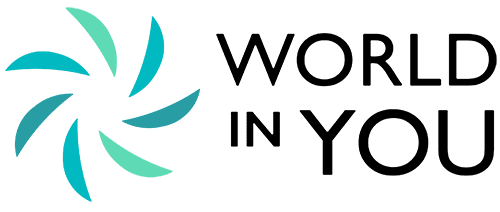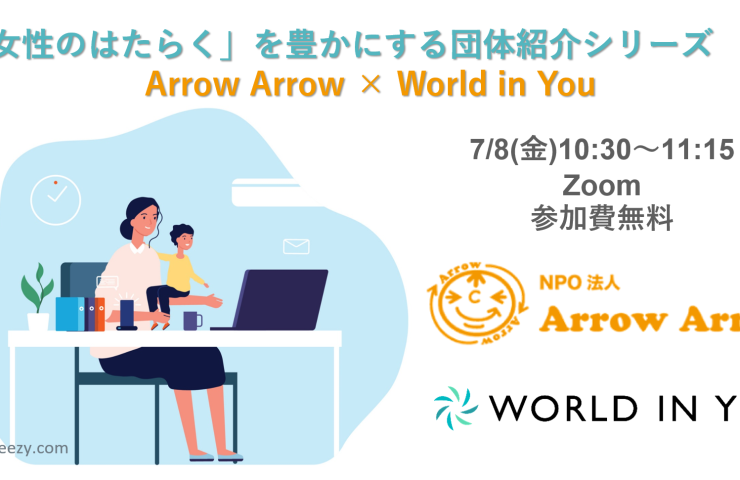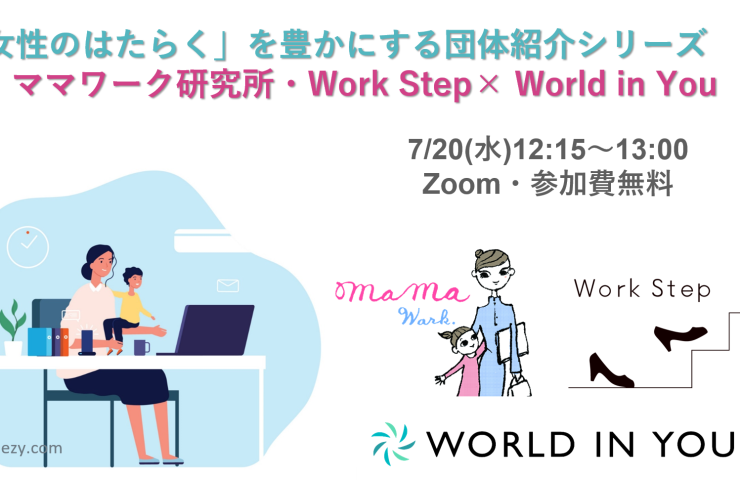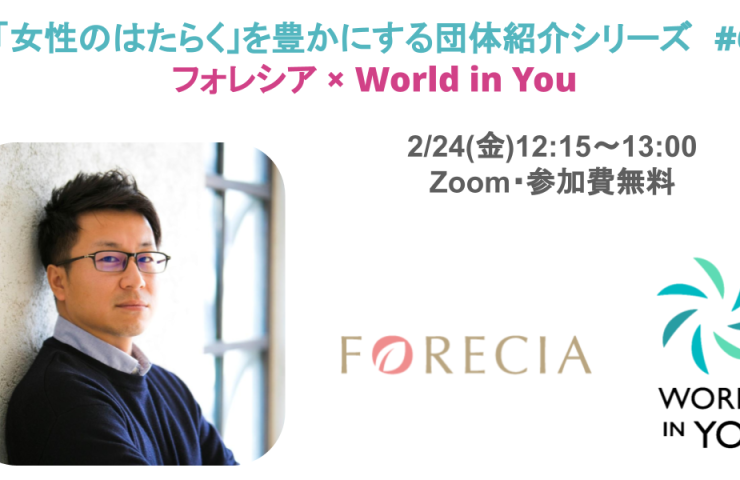Creating a third place for disaster-hit new mothers ~ A midwife and entrepreneur Miyoko Sato’s life to empower all women 【World in You Story #4 with Tohoku social entrepreneur】
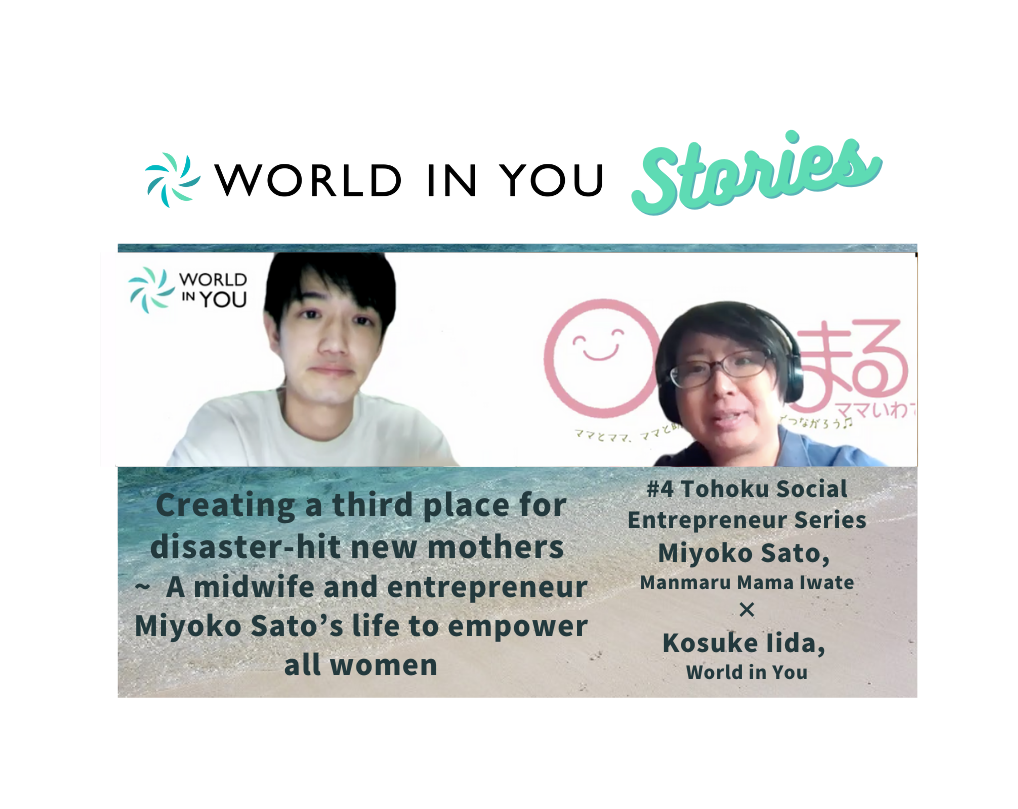
World in You Stories is a series of interviews with people from around the world who are working on something or living their lives with the hope of making the world a better place in small steps. We hope that when the world in you and the world in someone else meet, they will enrich each other and lead to a better society.
Translated by Miho Kito
~ Key message of this interview ~
- Ms. Sato, a midwife and social entrepreneur in Tohoku, Japan, transformed her aspiration into action after being affected by the 2011 Tohoku earthquake and tsunami.
- She has created third places for women, especially expecting and new mothers experiencing hardship, to be heard, empowered, and cared deeply.
- Her theory to change the world is “If you keep focusing on and solving the problems you face every day, it will become what you do.”
- World in You opened a door to the world for her. She realized that the local issues they are working on are also universal, and there are things she can give back to the world, rather than just receiving support from others.
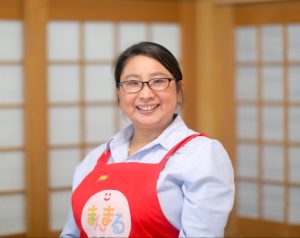 Speaker: Miyoko Sato, Executive Director at Manmaru Mama Iwate (*Manmaru=perfect circle)
Speaker: Miyoko Sato, Executive Director at Manmaru Mama Iwate (*Manmaru=perfect circle)
Miyoko was born and lives in Iwate, Japan. She is a midwife, and she started a non-profit that connects midwives and expecting and new mothers in 2011. Manmaru Mama Iwate provides pre/postnatal care in four cities in Iwate Prefecture.
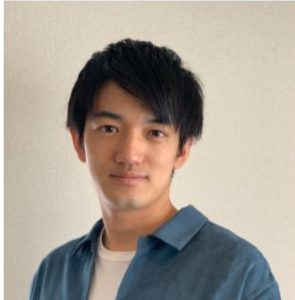
Interviewer: Kosuke Iida
Kosuke works in the marketing industry after working in sales for an insurance company. Currently, his work includes nurturing leads, finalizing contract orders, and sales. He joined World in You as a pro bono member in January 2022.
This article is a summary of the interview. Please enjoy the full interview via podcast. (Podcast is in Japanese.)
→Listen to the Podcast
・・・・・・・・・・・・・・・・・・・・・・・・・・・・・・
Support and stand by women in overcoming their hardships
― What are you working on now?
I run Manmaru Mama Iwate as Executive Director, to provide pre and postpartum care for mothers in four municipalities. Manmaru Mama Iwate consists of professionals such as midwives and nurses, and volunteer mothers.
― The 2011 Tohoku earthquake led you to start Manmaru Mama Iwate. How did you transform your ideas into action?
If you keep focusing on and solving the problems you face every day, it will become what you do. I felt very scared as a victim when the disaster occurred. It was a tough situation with no power and gas, but when that was restored I suddenly felt the desire to help others. However, I did not have exact ideas for what to do at first. Meanwhile, I started to hear about mothers who had evacuated inland (where I live) from the tsunami-stricken coastal areas. I thought I might be able to be of help with my midwife profession, and started collecting information.
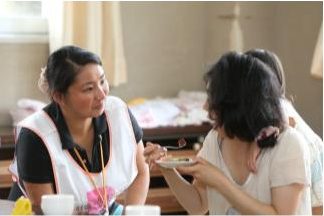
Miyoko (left) listening to a new mother
― Why did you become a midwife in the first place?
When I was little, I was often hospitalized for childhood asthma. My favorite doctor told me, “There aren't many female doctors, so please become a doctor when you grow up.” That made me want to become a doctor, but around the time I entered junior high school I had bad atopic dermatitis and I ended up being hospitalized three times for about half a year. My grades plummeted. I realized it was impossible to become a doctor and I changed my career to nursing school.
It was also a period known as “Kogyaru” movement among girls in Japan. The level of sexual activities increased, and many girls I know experienced pregnancy, abortion, and illness. It wasn't until I entered nursing school and studied how the female body works that I realized how dangerous our behavior could be. I wished we had opportunities to learn more about our own bodies and wondered why no one had taught us. I consulted my teacher and was recommended to become a midwife to specialize in women’s bodies. My initial purpose in becoming a midwife was to work on sex education.
― Have you always had the desire to help others and drive to solve problems you experience?
My parents’ divorce had a big influence on me. Due to the patriarchal system in Japan, my mother was kicked out of the house and experienced hardship. I felt a strong resentment at this weak position of women. My parents had three daughters, and my father and grandfather told me, "I wish you were a boy." I was born as a woman, but I was rejected as a woman. I wondered what a woman was. However, I believe that it is good that I was born as a woman.
I have experienced the weakness of women's positions many times as a midwife, too. That is why I am motivated to support women and to stand by women.
― Could you share a memorable story from your work?
I have never forgotten a woman whom I met after the earthquake. Her house had been swept away by the tsunami and she was on welfare. When we became friends she confided in me, “I'm sick and I don't have anyone to talk to. My husband is not reliable, and I cannot go back to my parent’s house.”
At that time I remembered back to when I was having a tough time raising my child and how the conversations I had with a midwife gave me great relief. I thought she needed a place where she could talk to someone. One of the reasons I began, and continue, my current work is that I want to keep in touch with her and keep her moving forward.
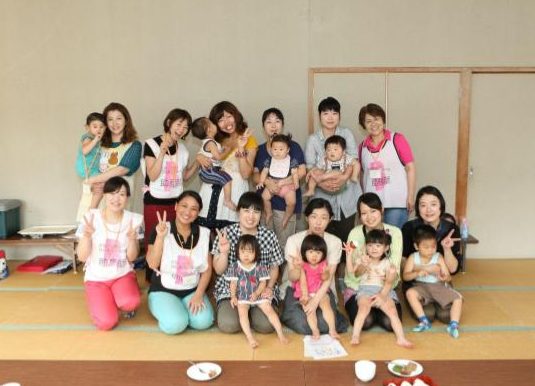
Manmaru Mama Iwate’s team and community of mothers
Keep going forward to empower all women
― Looking back on the 10+ years since the earthquake, what do these ten years mean for your life and the world?
The ways of work, family, and everything changed for those of us impacted by the earthquake. Some people gave up in the face of adversity, but others opened the door to a new world. Without that earthquake, I would never have been able to connect with so many people and do things I didn't even know about. On the other hand, I really wanted to have a third child but ten years have passed while I kept thinking, "I can't do it now."
The earthquake, COVID-19, and other events have been a series of surprises for Japan and the rest of the world, which make us believe that stability and peace of mind are extremely fragile. The world is changing rapidly and testing us. I think it is important to have our own values and principles and help each other to go through the challenges.
― What’s your plan for the future?
I want to keep building a culture where everyone can access postpartum care. We made a progress on that point over the past ten years, and I also want to enable and empower players to do what we have done.
Once the culture has been cultivated, my next step is to empower more young women. What can I do to support people in making their life choices? My specialty is women's minds and bodies, so I want to work to restore women's decision-making power over matters including gender roles, childbirth, and marriage.
― Are you going to work on sex education?
I have already given lectures on sex education and life in elementary, junior high, and high schools after my son was born. In the future, I want to talk with girls in smaller groups instead of lecturing to a large audience.
― Working in smaller groups?
Yes, no one can talk about personal troubles in front of a lot of people. After my lecture, I often hear voices such as, "I think I'm an LGBTQ person," "I wanted to die. But after hearing you, now I don’t want to,” and “I didn’t think I ever want to be a mother, but I want to if I can give birth at your hospital.” I want to talk further with the person when I hear these things. However, once I get off the stage I don't have many opportunities to talk with them. Even if I tell them to contact me if anything, most don't. To solve the problem I want to create a place where I can meet junior high and high school students before they get to the marrying age.
World in You was the door to the world
― Tell me about what was memorable from your involvement with World in You.
The Learning Journey program organized by World in You (then WIT) in Minami Sanriku was phenomenal. I was able to meet people from all over the world and from various organizations in Japan. In particular, I was surprised by how sincerely the other participants thought about our organization. Their comments and feedback gave us new ideas for what we do.
It was eye-opening to think about an end goal for our organization (using the Endgame theory) during the second Learning Journey I joined. It was the first time and shocking for me to think about how to end the organization. The session allowed me to see the direction we are going.
Another memorable one was the organization development support by World in You. Before the support, it was often the case that even if I learn new things from outside training, my team members didn’t like imported ideas and didn’t listen to me. World in You sent us two team coaches, Seiko Kato and Ryotaro Hayashi, to conduct team-building sessions. It meant a lot for our team because my team members could realize that we need to do something to strengthen our team, rather than just me telling them what is good.
I also learned the importance of caring about my team members though it is easy to get swamped with everyday work. Joining World in You’s programs and support boosted our confidence by focusing on what we can do and our strengths, not only realizing our weaknesses. Since then, we have continued to work on building an organization, knowing that there is no business without an organization and that if we do not run on both wheels, we could collapse.
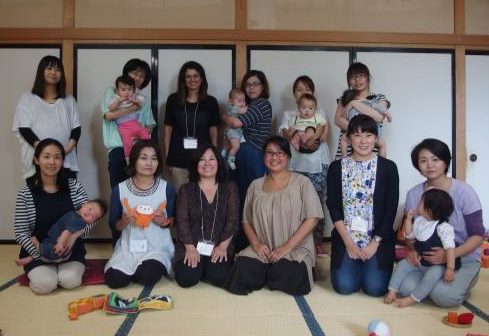
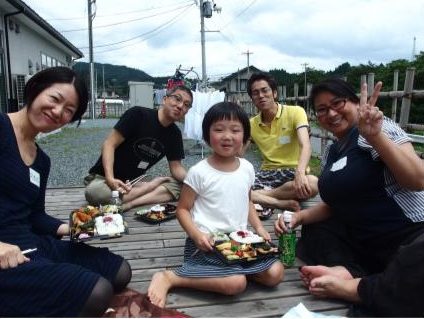
Manmaru Mama Iwate and other participants of Learning Journey hosted by Word In You in 2016
― What does “World in You” mean to you?"
For me, it was a door to the world. What we do is not a small work in Tohoku in Japan, but there are things we can tell the whole world. You don’t have to be on the receiving side only (just because you are the disaster victim). You can also give and learn from each other. World in You made me realize that.
― If you were to send a message from your current self to your past self, what would it be?
I want to say, "life may seem like it's full of twists and turns, but it's okay because each one has meaning. None of your experiences were wasted, and they meant something to you." First I wanted to become a doctor, but then I worked on a lot of different things – nurse, midwife, sex education, natural childbirth, and opening a business. I thought it didn't make sense to me. But when I entered the second chapter of my life, all of the dots were connected. Each of these works made who I am and what I do now. All of them have made me strong and enabled me to keep moving. I've been able to continue what I do because of many people I've met along the way, including her mother and myself.
― You have always followed your intuition. What drives you to do so?
When I meet or hear about people who are in a bad place I’ve experienced before, I naturally want to help out. Also, I don’t want to regret not helping. When in doubt, I try to choose acting rather than doing nothing. In the end, I think it comes down to my desire to "do it.
▼Post-interview comment from the interviewer
I was particularly impressed by the phrase, “If you keep focusing on and solving the problems you face every day, it will become what you do.” Many people say, "I want to start something, but I don't know where to begin." The most important thing is to first turn your attention to your interests and issues around you and then take action. I will keep in mind to "choose acting when in doubt" when making my life decisions.
・・・・・・・・・・・・・・・・・・・・・・・・・・・・・・
▼Please tell us your "world in you”!
"World in You" here means "How do you want to spend your time and life? How do you want to connect/interact with the world and society through your life?" Please use this form to tell us what you think.
(This article is a summary of the interview. Please listen to the podcast for the full interview)
